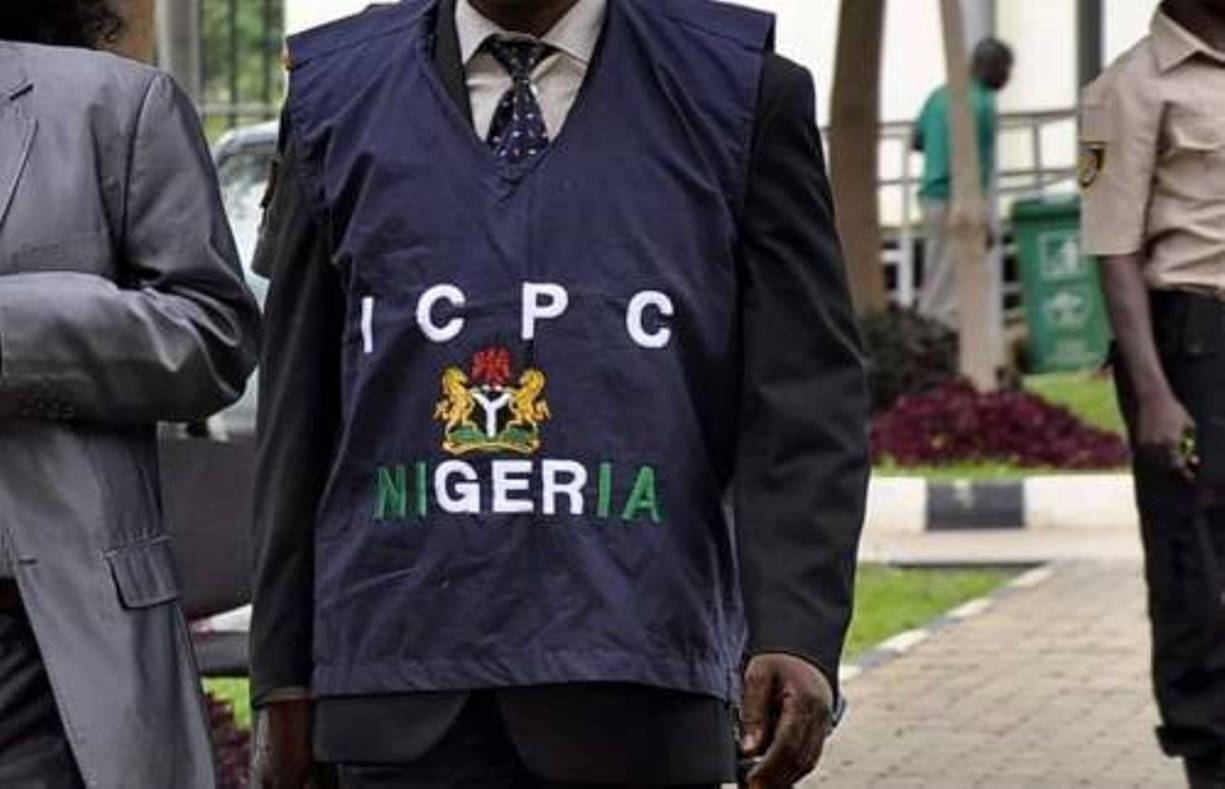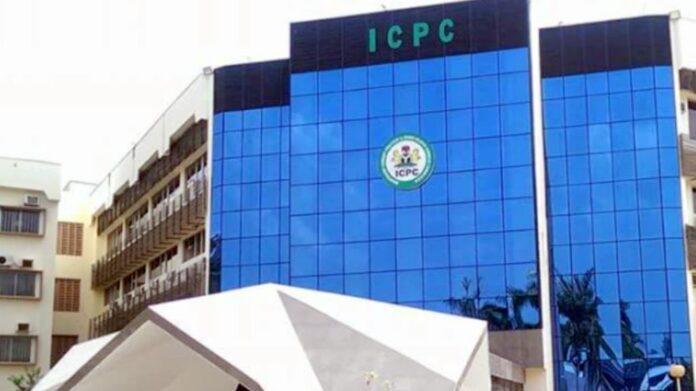The head of the Independent Corrupt Practices and Other Related Offences Commission (ICPC), Dr. Musa Adamu Aliyu, SAN, along with other important figures in Nigeria’s fight against corruption, has urged the National Assembly to approve the Whistleblower Protection Policy Bill. This request was made during an event organized by the Technical Unit on Governance and Anti-Corruption Reforms (TUGAR) to celebrate the 2024 African Union (AU) Anti-Corruption Day in Abuja.

The theme for this year’s event is “Effective Whistleblower Protection Mechanism: A Critical Tool in the Fight against Corruption.” This theme highlights the necessity of having policies that protect whistleblowers and encourage people to report corruption, aiming for a corruption-free Nigeria.
Dr. Aliyu emphasized the need for laws to protect whistleblowers and called on the National Assembly to pass the Whistleblower Protection Policy Bill. He pointed out the crucial role whistleblowers play in combating corruption and the need for strong laws to ensure their safety. He stated, “We need a robust Act of the National Assembly to protect those risking their lives to disclose issues about corruption in our country.”
The ICPC leader also stressed the importance of cooperation among various anti-corruption agencies to build public trust in reporting corruption.
Mrs. Jane Onwumere, head of TUGAR, mentioned that this year’s AU Day theme is based on findings from reviews of how member countries are implementing anti-corruption measures. The reviews showed that poor whistle-blowing systems are a major hurdle in fighting corruption. She highlighted the need to protect whistleblowers adequately so they can report corruption without fear of retaliation.
During the event, the Third National Corruption Survey was launched. This survey is a joint effort by the National Bureau of Statistics (NBS), the United Nations Office on Drugs and Crime (UNODC), and the MacArthur Foundation. It provides important data on the quality and integrity of public services in Nigeria. Prince Adeyemi Adeniran, the Statistician-General of the Federation, noted that previous surveys were done in 2016 and 2019. He said these surveys have made Nigeria a leader in using international best practices for regularly and scientifically assessing anti-corruption efforts. He further explained that “the survey is a vital tool for evidence-based policymaking, enabling comprehensive analysis of corruption trends and the effectiveness of anti-corruption strategies.”
The Attorney General and Minister of Justice, Mr. Lateef Fagbemi, SAN, in his keynote speech, suggested that a separate and complete whistleblower protection law would help in detecting corruption cases early. He stressed the event’s importance, coinciding with Nigeria’s implementation phase of the National Anti-Corruption Strategy 2023-2026 and its action plan. He mentioned, “My ministry, working with key stakeholders, is finalizing the Action Plan 2023-2026, which will be launched soon.” He encouraged all stakeholders to actively participate and share ideas to support anti-corruption efforts in Nigeria.
The event also featured two paper presentations: “The Impact of Whistleblowing Policy on Public Sector Accountability and Transparency” by EFCC Chairman Mr. Ola Olukoyede, and “Whistleblowers Protection Bill: Challenges and the Way Forward” by Mr. Ashley Emenike, Executive Director of the Global Organization of Parliamentarians against Corruption.
Demola Bakare, Acting Director of Public Enlightenment and Education and spokesperson for the Commission, explained that July 11th is designated by the AU to observe Anti-Corruption efforts across the continent under the African Union Convention on Preventing and Combating Corruption (AUCPCC). The day is used to recognize significant achievements in combating corruption in Africa and to reflect on strategies to eliminate it.




